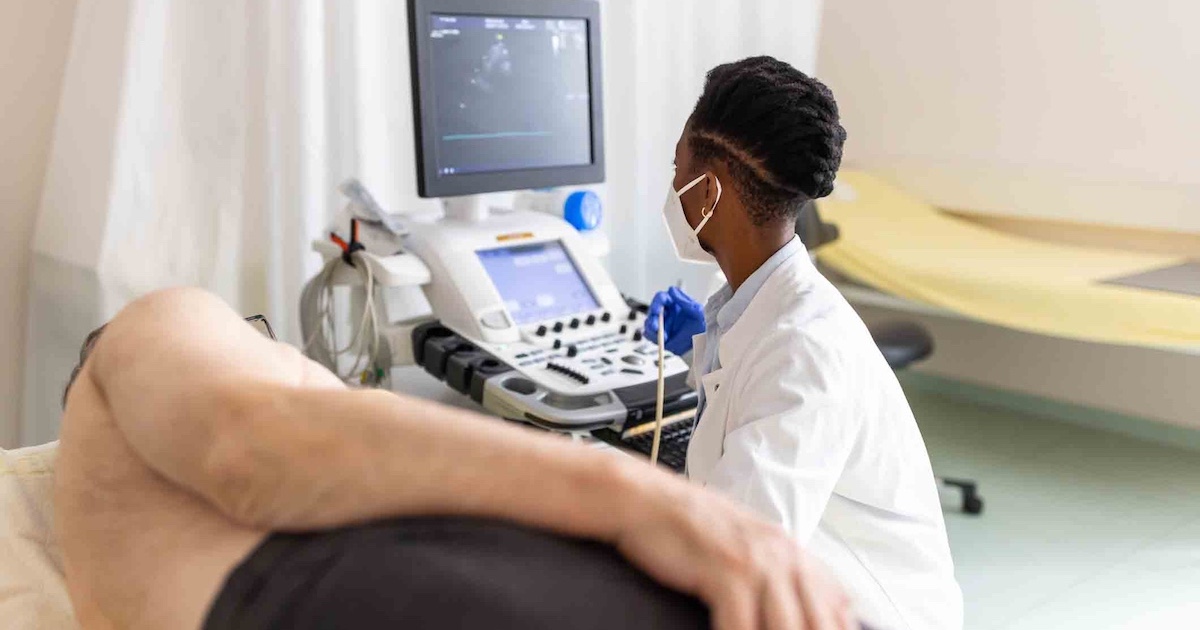Accenture and Royal Philips have jumped into the Google Glass arena, unveiling a proof-of-concept video and plans to develop clinical applications for the head-mounted technology.
"We see a number of potential applications for Google Glass in healthcare," said Francis Dare, senior executive of connected health solutions for New York-based Accenture, during a recent interview with mHealthNews. "With Google Glass or any other wearable technology, it's all about keeping the physician's focus on the patient."
Announced on October 3, the proposal calls for a collaboration between Philips' new Digital Accelerator Lab and Accenture's Technology Labs to integrate Philips' IntelliVue patient monitoring solutions into the Google Glass platform. Officials say they hope to create an application that, accessed via the Google Glass headset, will give users access to critical data such as an electronic medical record, checklists, videoconferencing capabilities, images and other information. Other applications might include live feeds of a patient in a recovery room after surgery and first-person recording of a surgery or other medical procedure for educational purposes.
“We live in a world where being nimble is key and industry-altering ideas need to be converted to practical solutions that people can use,” said Michael Mancuso, CEO of patient care and clinical informatics at Andover, Mass.-based Philips Healthcare, in a press release. “This research explores how doctors can achieve better access to the right information at the right time so they can focus on more efficient and effective patient care. It’s a first step in researching how existing technologies can be applied to improve the quality of life of patients.”
“Accenture’s work with Philips showcases a powerful use of wearable devices in the healthcare industry, helping physicians perform their jobs more effectively and enhancing care for patients,” added Paul Daugherty, Accenture's chief technology officer, in the release. “This exciting work highlights the potential of digital technologies to transform the way we work and live, and we’re pleased to have collaborated with Philips to help bring this vision to life.”
Accenture and Philips aren't the first to see the mHealth potential in Google Glass, and they certainly won't be the last. In July, San Diego-based Qualcomm Health and Palomar Health announced the launch of a "Glassomics" incubator at Palomar's newly opened, $956 million "hospital of the future" in Escondido, Calif.
"There's been a lot of interest among various people in healthcare," said Orlando Portale, Palomar Health's chief innovation officer, who created and trademarked Glassomics in July. "There's quite a bit to learn because the user interface paradigm is quite a bit different from" the mobile platform that Palomar has explored in the past.
A number of physicians have also tried out the $1,500 enhanced glasses (Google made 10,000 of them available to a cadre of so-called Google 'explorers' earlier this year) on their own, and posted videos or blogs of their experiments. Among them is Rafael Grossman, a general and trauma surgeon at Eastern Maine Medical Center in Bangor, Maine, who has used the Google Glass in simulated sessions with medical students, a surgeon working in a remote location, and in a critical care situation in which a specialist was needed for a consultation.
"The experience was very intuitive. The potential to improve the interface between the human user and the device, connecting to the Internet and enabling synchronous audio-video communication is what strikes me most about Google Glass. Remote mentoring of students and providers with less experience could be radically improved upon with this technology," Grossman wrote in a series of blogs. "As I said and wrote before, the possibilities are endless and only limited by our imagination and creativity."
As if that weren't enough, unconfirmed reports out of Korea indicate Samsung may be developing its own version of Google Glass, and could be looking at a 2014 launch for its "Gear Glass" eyewear.
Dare sees many uses for Google Glass in healthcare. She envisions EMTs or rescue workers being equipped with the glasses in the field and communicating back to the nearest hospital or trauma center, or clinicians using the glasses during home-based care visits.
Brent Blum, who manages wearable device research and development for Accenture Tech Labs, said the lightweight nature of Google Glass and its comfort level – it's basically an enhanced set of glasses – make it ideal for healthcare. It remains to be seen, he said, how Google Glass holds up in tricky environments, such as an accident or disaster scene or even a crowded operating room. And Dare said they'll be studying how much information should be displayed on the Google Glass lens and how it should be presented graphically.
Blum said Accenture and Google "have a great relationship," but for now Google is focusing on the consumer launch of Google Glass and isn't exploring or talking about possible applications in healthcare or other verticals.


